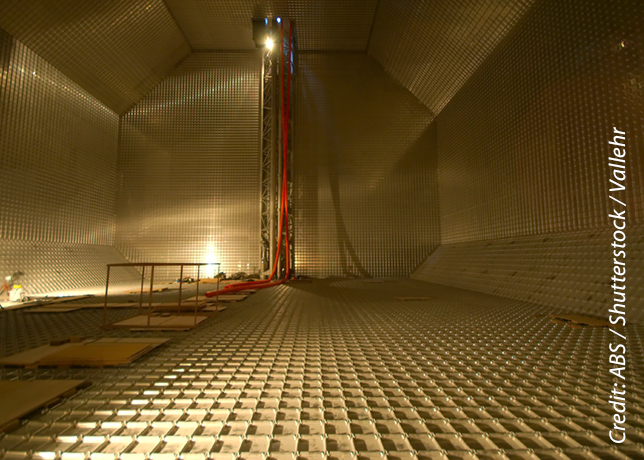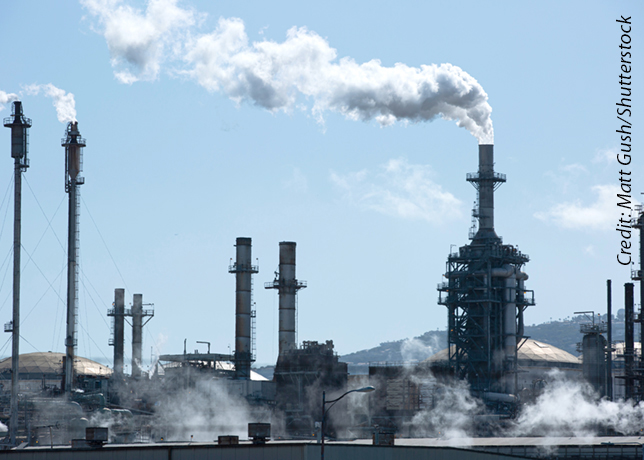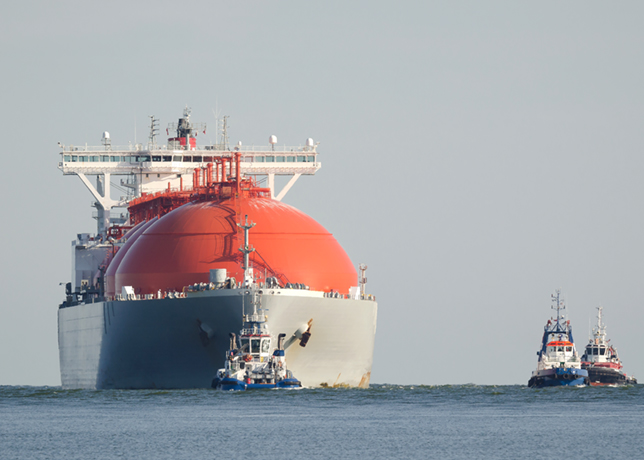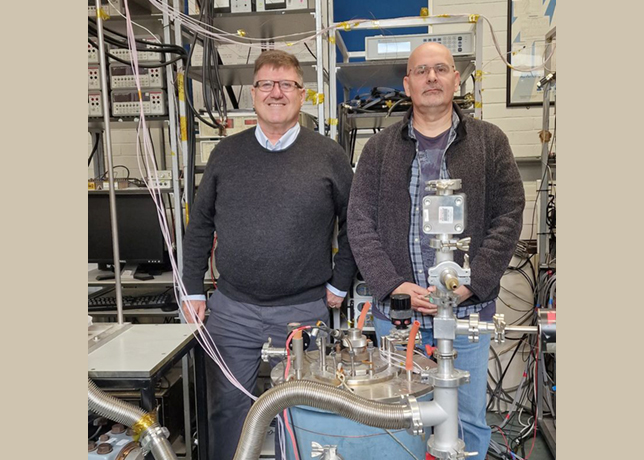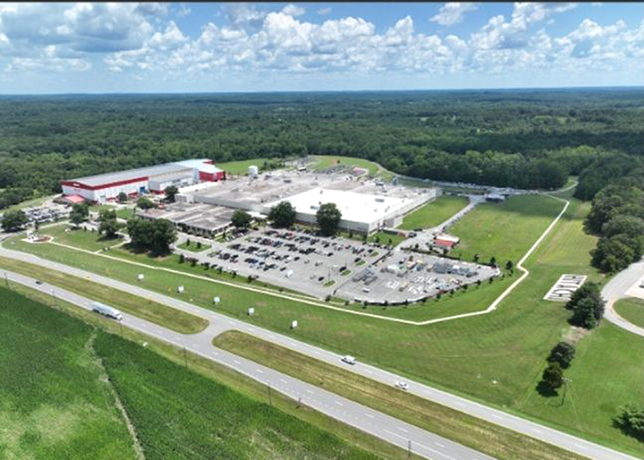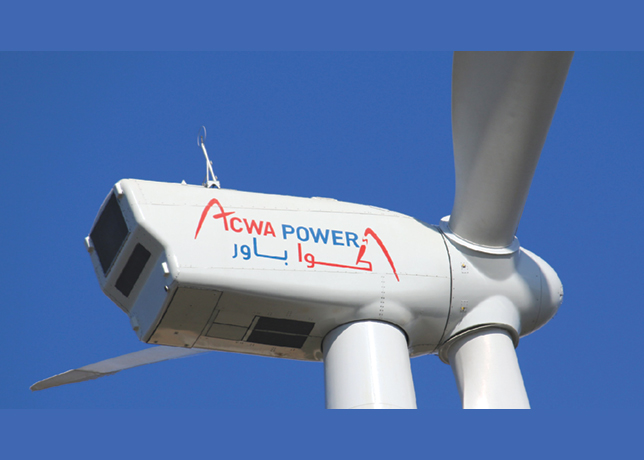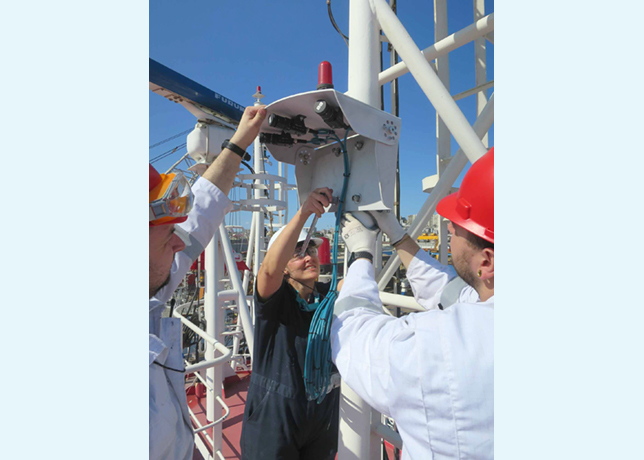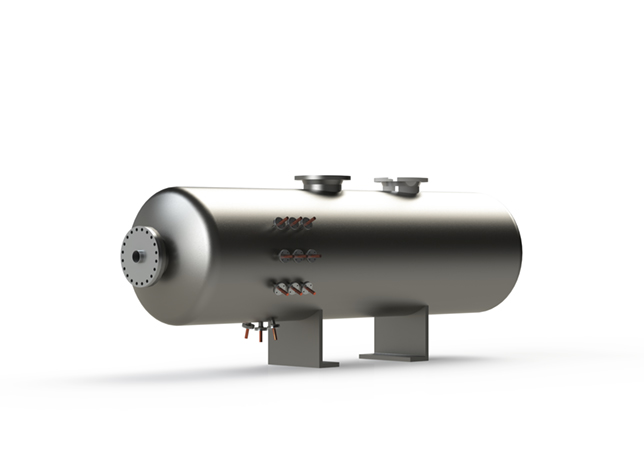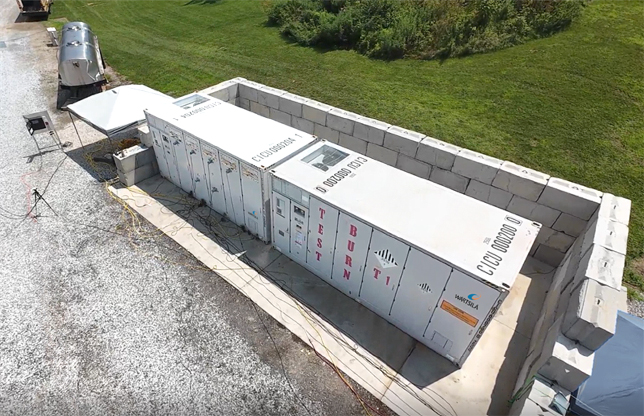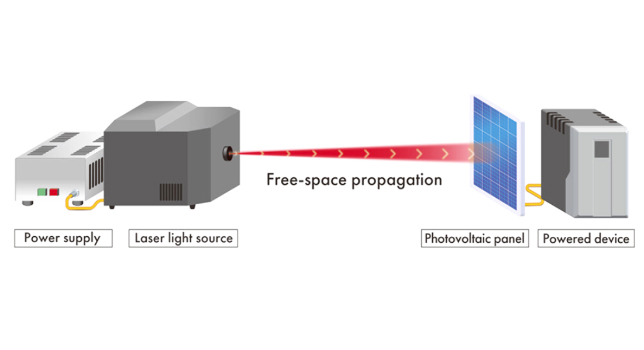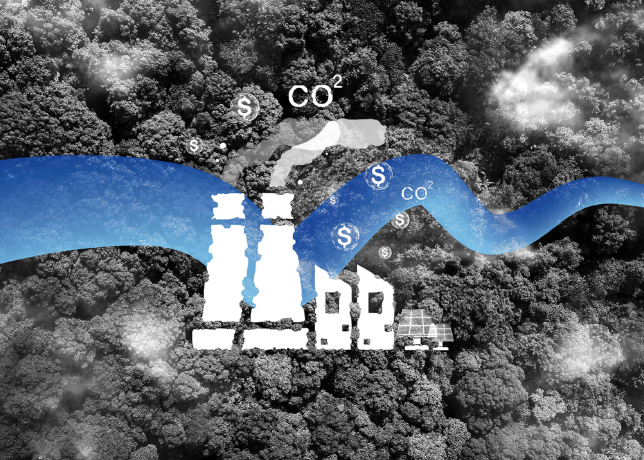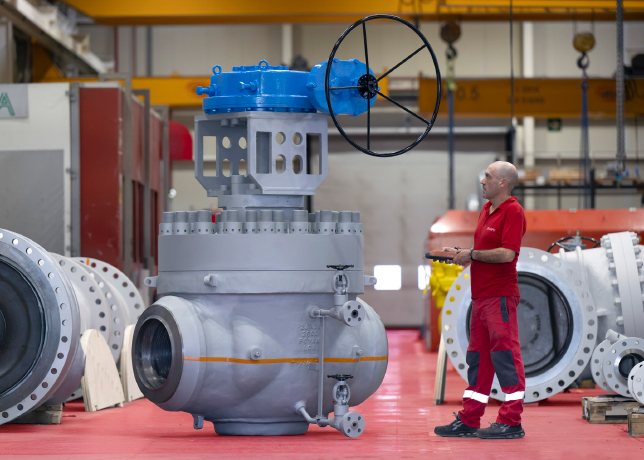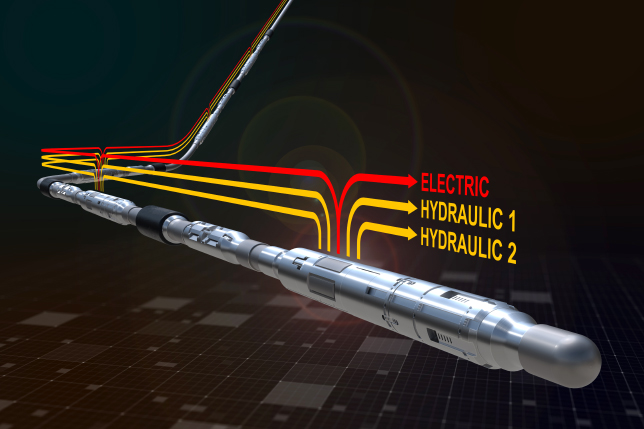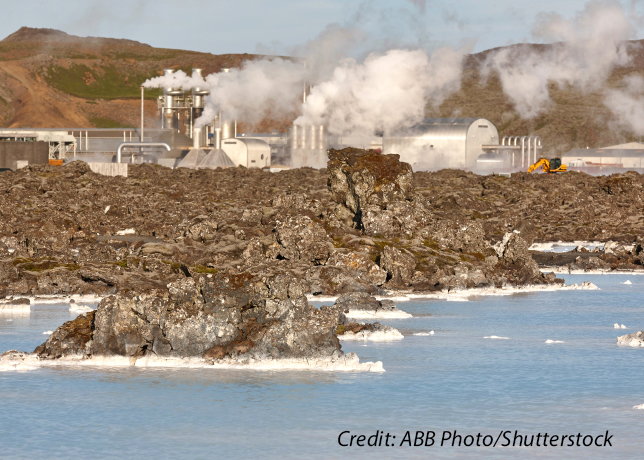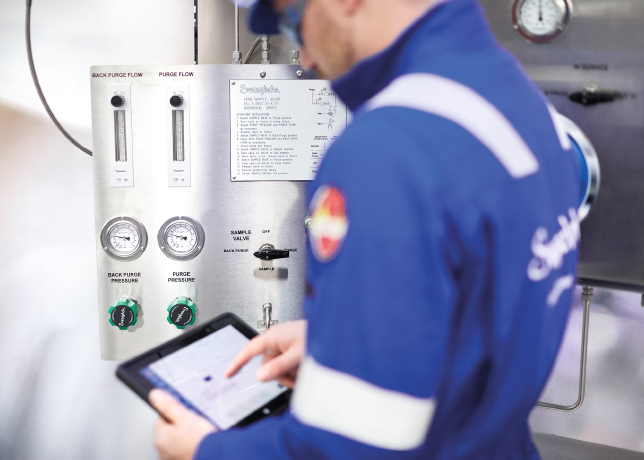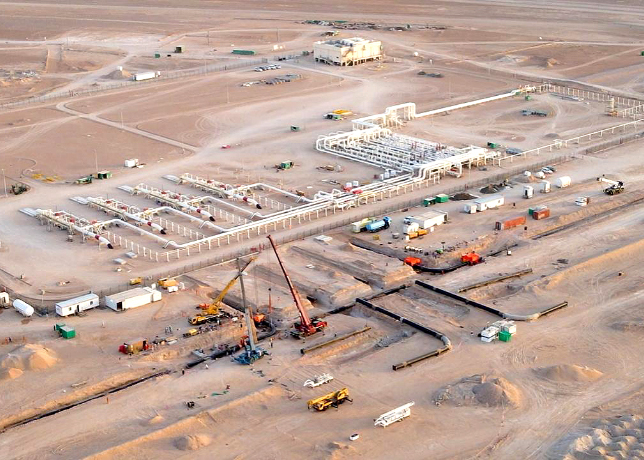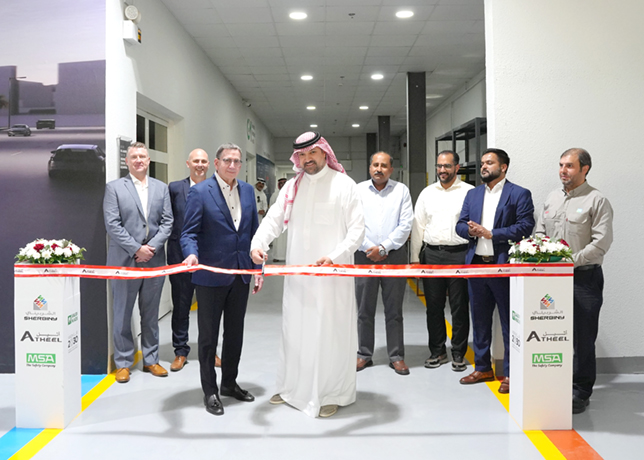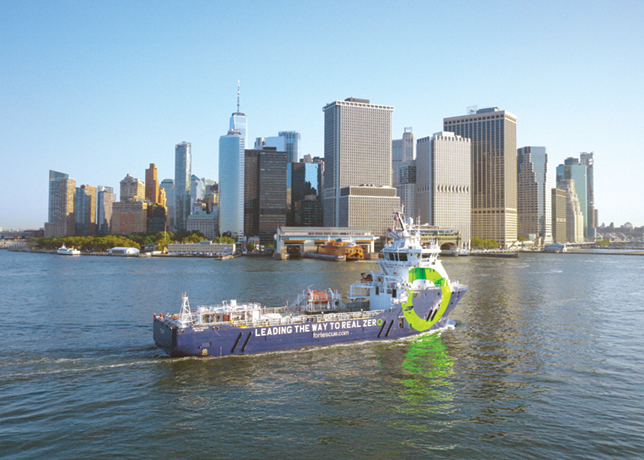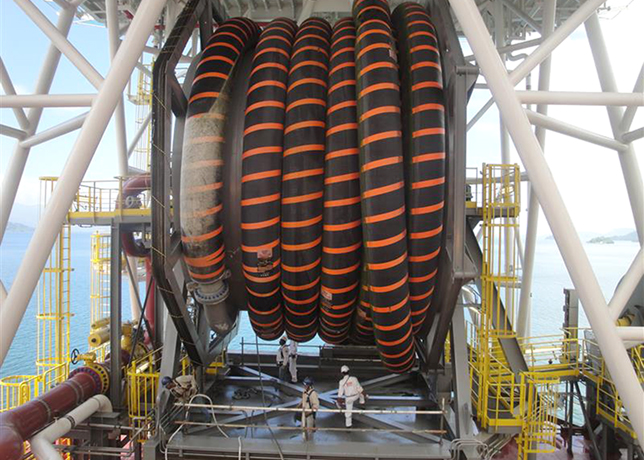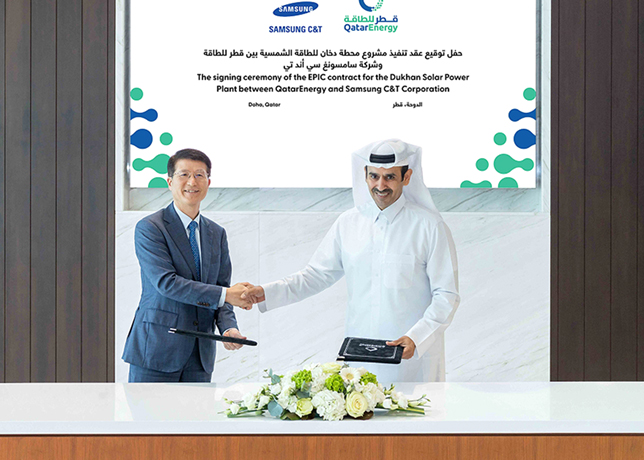
 The summit fosters dialogue, innovation, and partnerships
The summit fosters dialogue, innovation, and partnerships
The Carbon Capture Mena Summit 2025 (CCMS2025), taking place in Dubai from February 25-26, will gather over 450 attendees and 80 speakers with the aim of expanding the carbon capture, utilisation, and storage (CCUS) value chain, fostering international collaboration, and sharing business and technological insights.
Additionally, the summit aims to drive business dialogue, showcase innovative technologies, and forge partnerships.
EVENT HIGHLIGHTS:
Comprehensive Programme: The summit offers an in-depth agenda featuring leading experts, policymakers, and industry innovators. Sessions will explore the latest advancements in CCUS, key policies driving the industry, and emerging technologies shaping the path to net zero.
Exhibition Area: The exhibition will showcase cutting-edge solutions and technologies from global CCUS leaders. Attendees will have the opportunity to engage with innovative products, learn about real-world applications, and gain insights into the future of carbon management.
Carbon Capture Future Awards: These awards will recognise achievements and innovations in CCUS, celebrating individuals, teams, and organisations making contributions to advancing carbon capture technologies and sustainable practices.
Networking Opportunities: Carbon Capture Mena Summit 2025 provides unparalleled opportunities for attendees to connect with industry leaders, potential partners, and peers. Dedicated networking sessions and informal meetups will foster collaborations that drive impactful solutions and industry growth.
CCUS technologies are vital to global decarbonisation, especially for heavy industry sectors. In the Mena region, one of the most carbon-intensive areas, CCUS represents a significant opportunity to reduce emissions and contribute to global net-zero goals.
Additionally, CCUS enhances industrial capabilities, enabling the export of low-carbon products such as LNG, iron, steel, petrochemicals, blue hydrogen, and ammonia. With projected capacities potentially reaching 60 mtpa by 2035, the region is poised for substantial growth in CCUS.


















